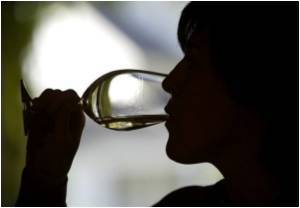
One of these functions, called working memory, does not fully mature until the third decade of life.
A team, led by Dr. Daniel Romer from the Annenberg Public Policy Center, and Dr. Hallam Hurt, from the Children's Hospital of Philadelphia, aimed to track the development of risk-taking behavior and executive cognitive functions in 387 youths of mixed race, ethnicity and socioeconomic status in the Philadelphia area.
They assessed working memory, two types of impulsivity (sensation seeking and acting without thinking) and risk behaviours such as fighting, gambling and alcohol use over four years starting when the youths were 10 to 12 years of age.
As expected, results showed that youths who scored high on measures of impulsivity engaged in risky behaviours at a younger age.
However, not all of these youths had weaknesses in working memory.
Advertisement
The results defy the assumption that all adolescent risk-taking is simply the result of weak executive cognitive function, explained Romer.
Advertisement
"Our findings clearly suggest that explanations for why adolescents take risks are not simple. Many adolescents have the capacity to control their risk-taking, and we will need to find ways for them to channel sensation-seeking drives toward safer activities," said Romer.
The study was presented at the Pediatric Academic Societies (PAS) annual meeting in Vancouver, British Columbia, Canada.
Source-ANI
THK








